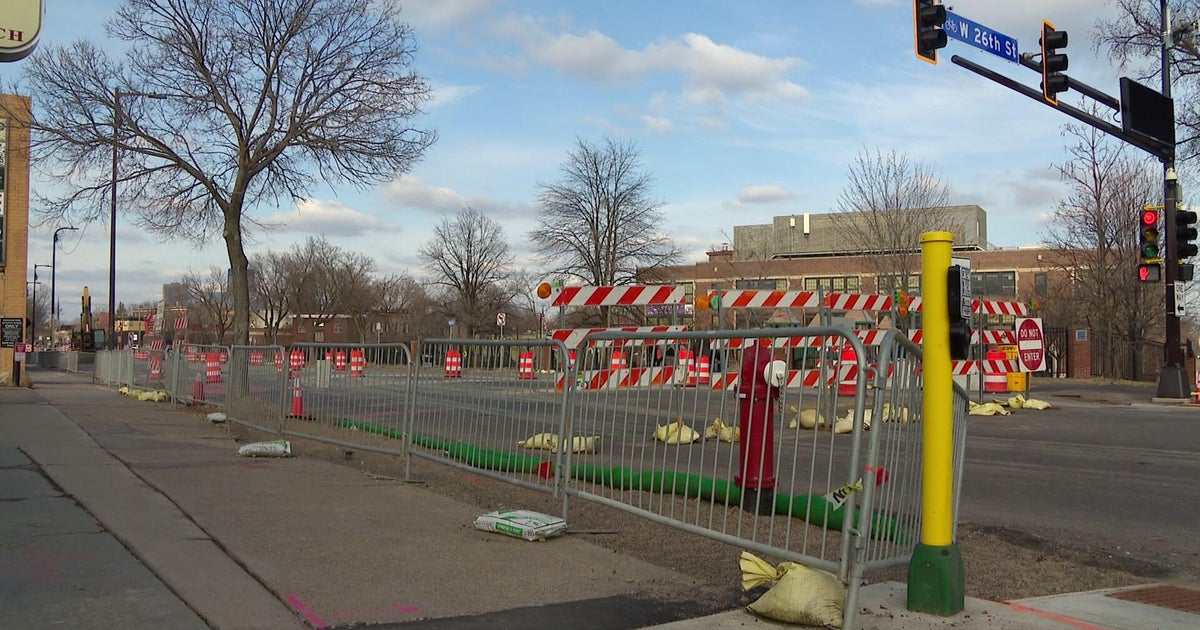Hennepin Avenue Makeover: Downtown Businesses Brace for Transformation's Next Wave

Hennepin Avenue's Business Community Braces for Construction Challenges
Merchants along Minneapolis's vibrant Hennepin Avenue are growing increasingly concerned about the potential economic fallout from a major ongoing construction project. Local business owners fear that the extensive roadwork could significantly disrupt their customer traffic and ultimately harm their bottom line.
The construction, which has transformed the bustling street into a maze of barriers and detours, is creating significant anxiety among shop owners and restaurant proprietors. Many worry that reduced accessibility and the visual disruption of ongoing work will drive away potential customers and hurt their already fragile revenue streams.
Small business owners are particularly vulnerable, with some expressing deep apprehension about surviving the potentially prolonged construction period. The project's impact threatens to compound existing economic challenges faced by local entrepreneurs in the wake of recent economic uncertainties.
Local business associations are actively engaging with city officials to minimize disruption and seek potential compensation or support strategies for affected merchants during this challenging period.
